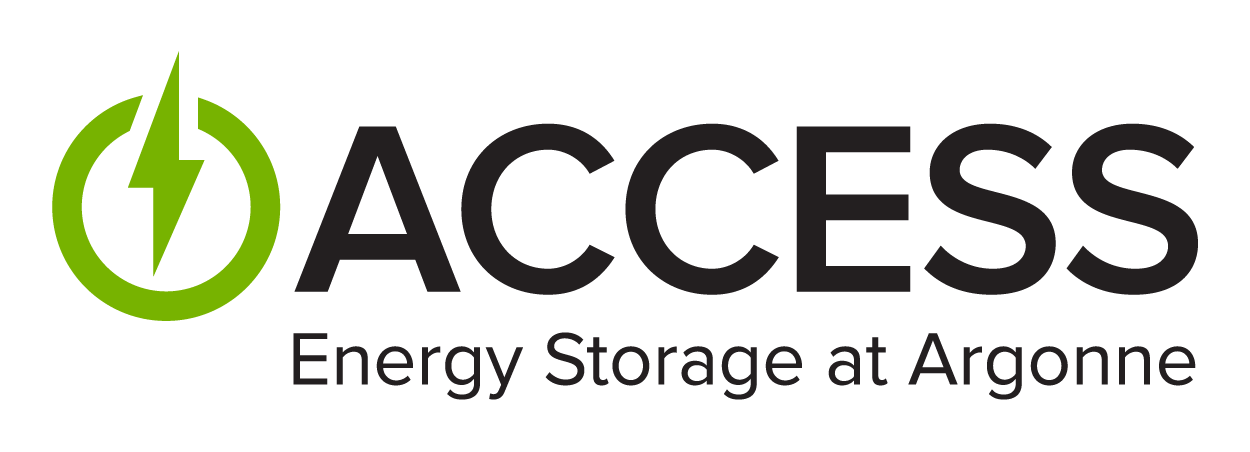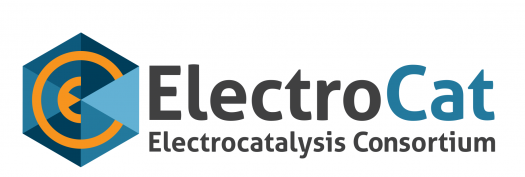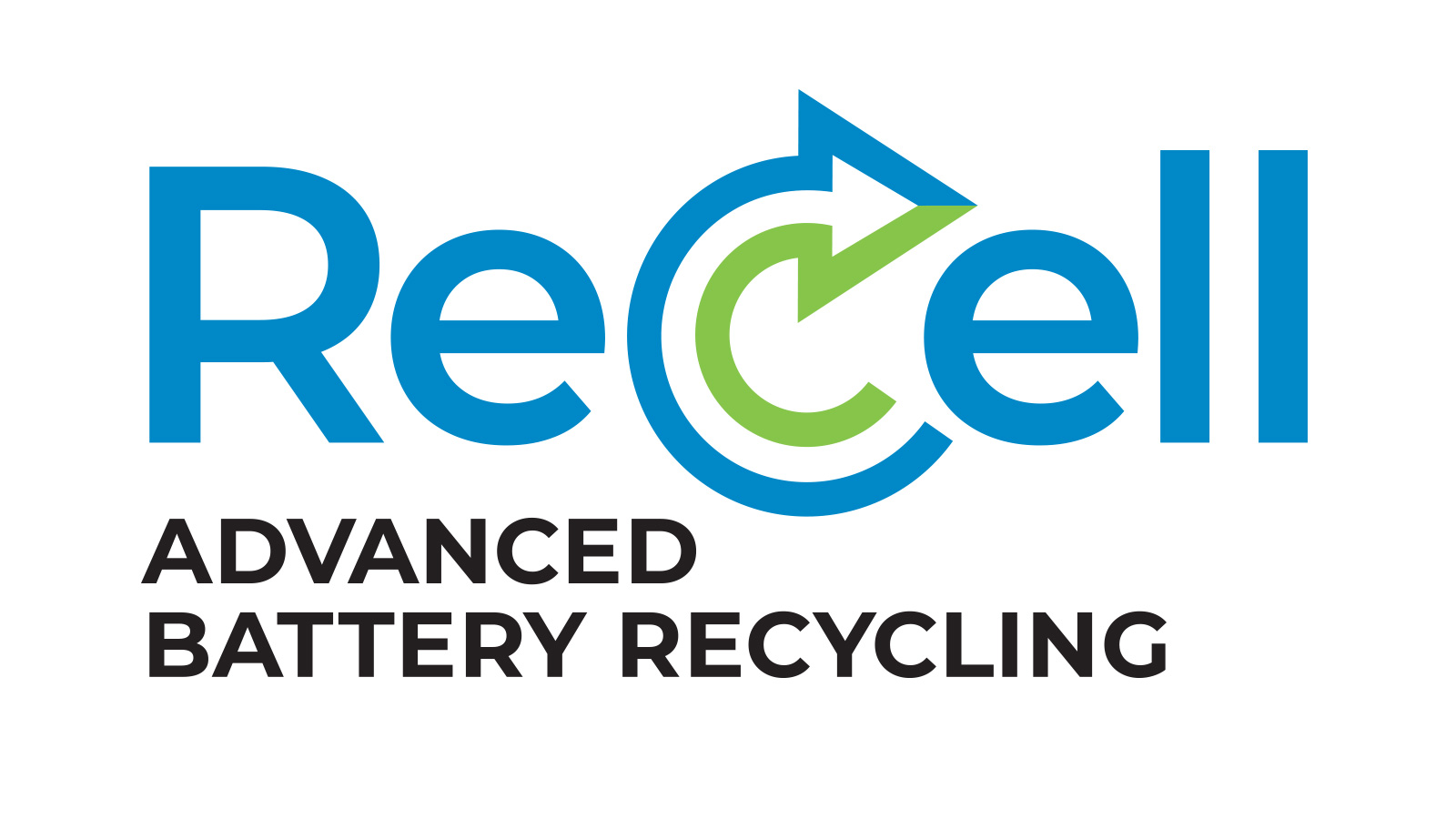Collaborative Research
The Chemical Science and Engineering Division (CSE) is multidisciplinary. Its people have formal training in chemistry; physics; materials science; and electrical, mechanical, chemical, and nuclear engineering. They are specialists in catalysis, electrochemical systems, nuclear fuel cycle, combustion chemistry, and time resolved, multi-scale and ultra-fast chemistry. Our researchers have experience working in and collaborating with university, industry and government research and development laboratories throughout the world.
Through partnerships both at the laboratory and with colleagues from academia and industry, researchers in Argonne’s Chemical Sciences and Engineering division work tirelessly to uncover the secrets of energy. Argonne is a world leader in the field of battery development and energy storage research, and is home to the Joint Center for Energy Storage Research, the Department of Energy-funded battery research hub, as well as other major initiatives based around chemistry.
Argonne Collaborative Center for Energy Storage Science
Argonne Collaborative Center for Energy Storage Science (ACCESS) is a powerful collaborative of scientists and engineers from across Argonne that solves energy storage problems through multidisciplinary research. ACCESS is the key that unlocks the potential of energy storage, helping public and private-sector customers turn science into solutions.
Advanced Materials for Energy-Water Systems Center
The Advanced Materials for Energy-Water Systems (AMEWS), led by Argonne in partnership with the University of Chicago and Northwestern University, is aimed at a deeper understanding and control of what occurs at water/solid interfaces. A huge number of the challenges we face surrounding water center on the interface between water and the materials that make up the systems that handle, process and treat water.
ChemCatBio is a U.S. Department of Energy national lab-led research and development consortium dedicated to identifying and overcoming catalysis challenges for the conversion of biomass and waste resources into fuels, chemicals, and materials.
ElectroCat (Electrocatalysis) Consortium
The ElectroCat (Electrocatalysis) Consortium is aimed at increasing U.S. competitiveness in manufacturing fuel cell electric vehicles (FCEVs) and other fuel cell energy conversion devices by addressing the primary challenges to the widespread implementation of this technology.
Joint Center for Energy Storage Research
The Joint Center for Energy Storage Research (JCESR) is a public/private partnership that brings together world-leading scientists, engineers, and manufacturers with an important mission: develop clean energy storage technologies for transportation and the electricity grid. The Center was established by the Department of Energy as an Energy Innovation Hub in 2012 and is led by Argonne National Laboratory. Our partners include five national laboratories, ten universities, and five industrial firms. Explore our website and discover how we are leading the way to transformational change in energy storage.
The U.S. Department of Energy’s first lithium-ion battery recycling center, called the ReCell Center, is a national collaboration of industry, academia and national laboratories working together to advance recycling technologies along the entire battery life-cycle for current and future battery chemistries. ReCell aims to grow a sustainable advanced battery recycling industry by developing economic and environmentally sound recycling process that can be adopted by industry for lithium-ion and future battery chemistries.





